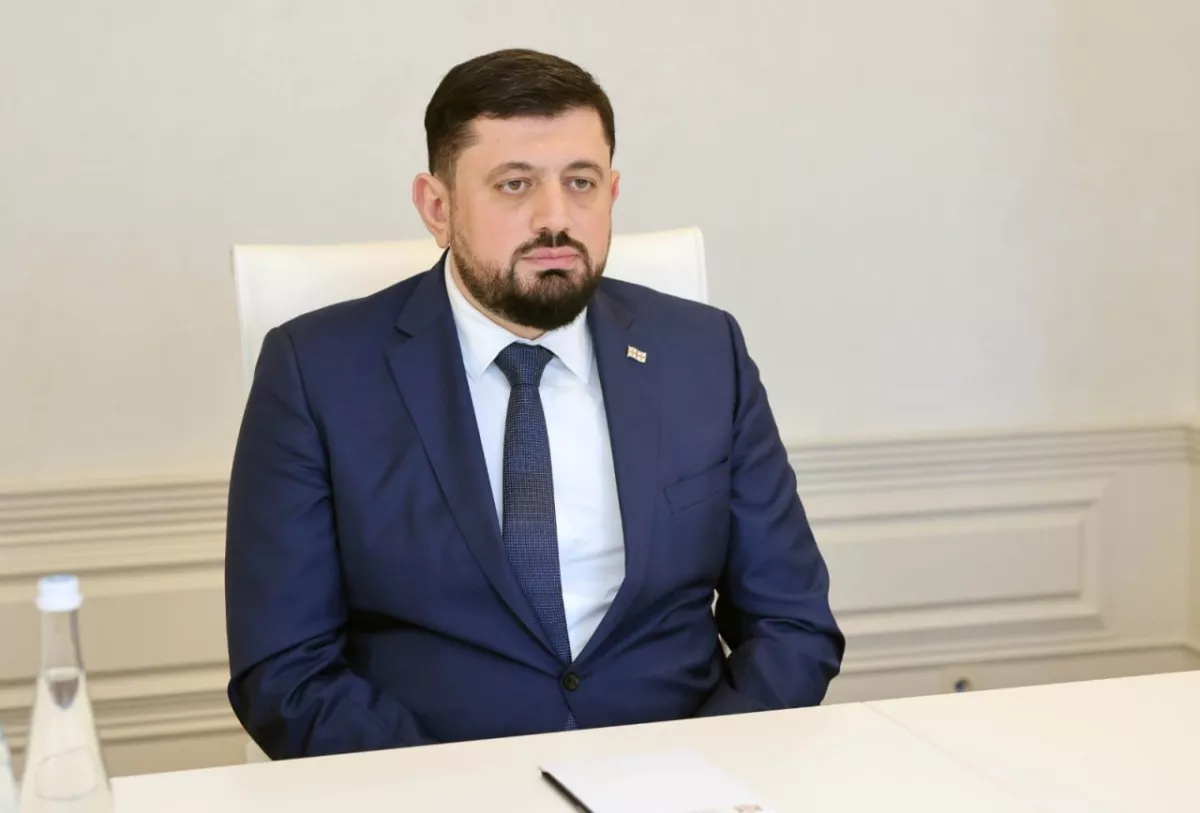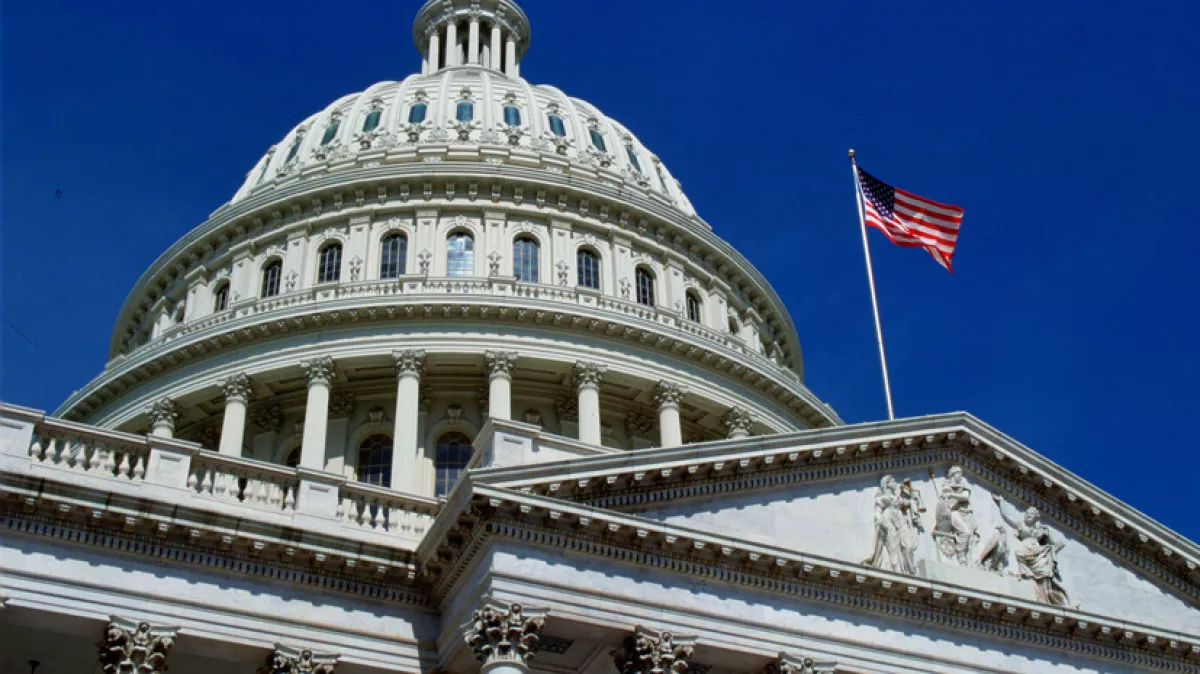Georgia’s pre-election struggle: What goals is Washington pursuing? From support to scepticism
The head of Georgia's Anti-Corruption Bureau (ACB), Rajden Kuprashvili, has stated that monitoring conducted by his office revealed that several political parties, primarily opposition ones, "partially or completely do not disclose their financing." In light of this, the head of the agency considered it possible that material support for their electoral campaigns might be provided by "foreign donor organizations or other sources allocating funds to NGOs linked with these political forces." Kuprashvili emphasized that financing the political process in this manner "poses a threat to a fair electoral process."
According to him, NGOs and various foreign donors conduct joint activities with opposition parties, even though the legislation prohibits financial assistance to political parties from individuals who are not Georgian citizens, as well as from legal entities registered outside the country. As revealed by Kuprashvili, the ACB has required parties to submit financial documentation from the beginning of 2024 until August 1. At the same time, the organization has urged international bodies, which will be overseeing the parliamentary elections in Georgia on October 26, to "ensure the transparency of the allocated grants" to prevent these funds from being used to support political parties.

Before delving deeper into the developments in Georgia as it prepares for the upcoming elections, it is important to note that the Anti-Corruption Bureau (ACB), which was established to oversee the finances of political parties and officials, began operating on September 1, 2023. This step was taken by the official Tbilisi as part of the implementation of one of the 12 recommendations from the European Commission for obtaining EU candidate status. The Bureau was not tasked with investigating criminal cases, as this responsibility remained with the State Security Service of Georgia.
During the presentation of the new structure, Prime Minister Irakli Garibashvili emphasized the need for the new agency to strengthen its fight against corruption, with accountability to Parliament and the Interagency Council to Combat Corruption. During a meeting in January between ACB head Kuprashvili and Richard Nephew, the US State Department’s coordinator for global anti-corruption, while discussing the Bureau’s ongoing reforms and future plans, and noting Georgia’s leading positions in global indices for low levels of corruption, Nephew promised full support from the US administration for the effective implementation of Tbilisi’s objectives.
Thus, as noted by many analysts, considering the establishment of the ACB on the recommendation of the European Union and the clear declaration of support from the White House, the current actions undertaken by the Bureau should be understood unequivocally by Brussels and Washington. However, the reality seems to be quite different, which, according to experts, aligns with the anti-Georgian stance of today’s decisions by the EU and the US. They cite the adoption of the “On Transparency of Foreign Influence” bill by the Georgian Parliament in May of this year as a catalyst for this shift. According to this law, NGOs and media organizations receiving more than 20 per cent of their annual income from foreign funding must register as “organizations pursuing the interests of foreign powers” (with a mandatory annual financial declaration).

In this context, several analysts are confident that the abrupt shift by Brussels and Washington from supporting Tbilisi to the current obstruction of the country’s authorities is due to the attempt by official circles to pursue an independent domestic policy without regard to the demands and threats of external forces. However, it is emphasized that despite the unrelenting pressure from the European Union and the Washington administration, the Georgian government has not deviated from its chosen path.
Recently, the Anti-Corruption Bureau has called on the National Democratic Institute (NDI) and the International Republican Institute (IRI) to disclose information about the grants they receive. As Kuprashvili specified, in the ongoing electoral process, “the activities of international observer organizations assume primary importance—they must demonstrate unequivocal objectivity by ensuring transparency in the grants provided.” Following this, the Bureau has required “all electoral entities” to submit documents reflecting their financial status for the first eight months of the current year by August 31, 2024. Interested parties have been notified that information about violations detected by the ACB will be communicated to international organizations, which, Kuprashvili expressed hope, will reflect all facts in their observation reports.

In other words, external circles that incessantly criticize "interference in their elections from abroad" are themselves openly engaging in efforts to influence electoral processes in other countries, particularly in Georgia. This is firmly confirmed by the fact that, with regard to these forces, the issue now is not about double or even triple standards but their absence altogether.








